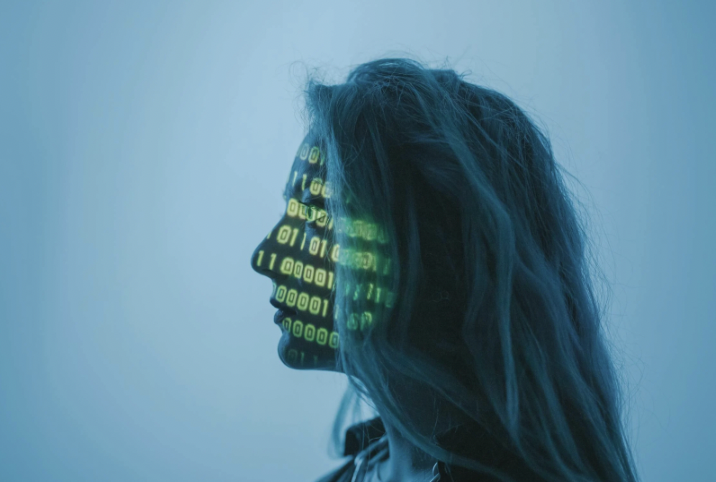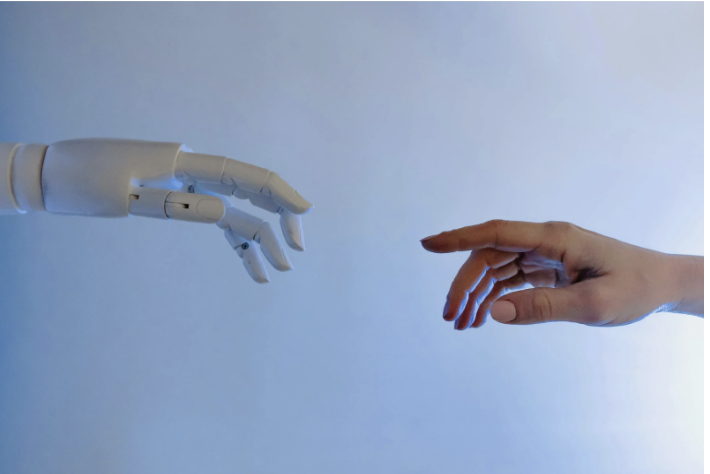[Op-Ed] Artificial Justice? The dilemma that shakes the foundations of Law.
In the courts of this century, a silent revolution is underway.
MÁS EN ESTA SECCIÓN
In the courts of this century, a silent revolution is underway. Artificial intelligence (AI) is infiltrating the judicial system, promising efficiency and consistency, but also raising fundamental questions about the nature of justice. This technology, which is already transforming entire industries, now challenges the very foundations of how the law is taught.

Recently, it has been reported that some courts in various countries are using AI to draft rulings, a
development that marks a turning point in legal practice. This innovation, although promising in terms of speed and data processing, raises deep concerns. The ability of a human judge to interpret the law, weigh unique circumstances, and understand the nuances of each case has been for centuries the cornerstone of public trust in the
judicial system. This skill, inherently human, contrasts with the algorithmic nature of AI systems.
The implementation of AI in judicial processes poses significant challenges.
Transparency, a fundamental principle of justice, is threatened by the obscurity of complex algorithms. How can a defense attorney challenge the reasoning behind a sentence generated by AI? How can citizens trust decisions that come from a technological "black box"?

Furthermore, there is a real risk that AI systems may perpetuate or amplify existing biases in the judicial system. If these algorithms are trained on historical data that reflects social biases, they could replicate and exacerbate these injustices in their decisions, undermining the principle of equality before the law.
CONTENIDO RELACIONADO
Public trust in the judicial system is also at stake. The perception that judicial decisions are made by
machines rather than by human beings could erode the legitimacy of the legal system in the eyes of
society. This loss of trust would have far-reaching consequences for the rule of law and social cohesion.
However, when used properly, this technology could significantly improve the efficiency of legal processes, assist in legal research, and provide valuable tools for legal professionals. The challenge lies in finding a balance that harnesses these benefits without compromising the fundamental principles of justice.

The integration of AI into the judicial system must be carefully regulated and supervised. It is imperative to develop robust ethical and legal frameworks that govern the use of these technologies, ensuring that they serve as tools to enhance, not replace, human judgment.
Ultimately, justice must remain a fundamentally human act, informed by technology but not dictated by it. Only in this way can we ensure that our courts remain bastions of fairness, understanding, and true justice in the digital age. The challenge we face is how to harness the potential of AI to improve the judicial system without compromising the fundamental principles that underpin it. This delicate balance will determine the future of justice in the age of algorithms.






DEJE UN COMENTARIO:
¡Únete a la discusión! Deja un comentario.